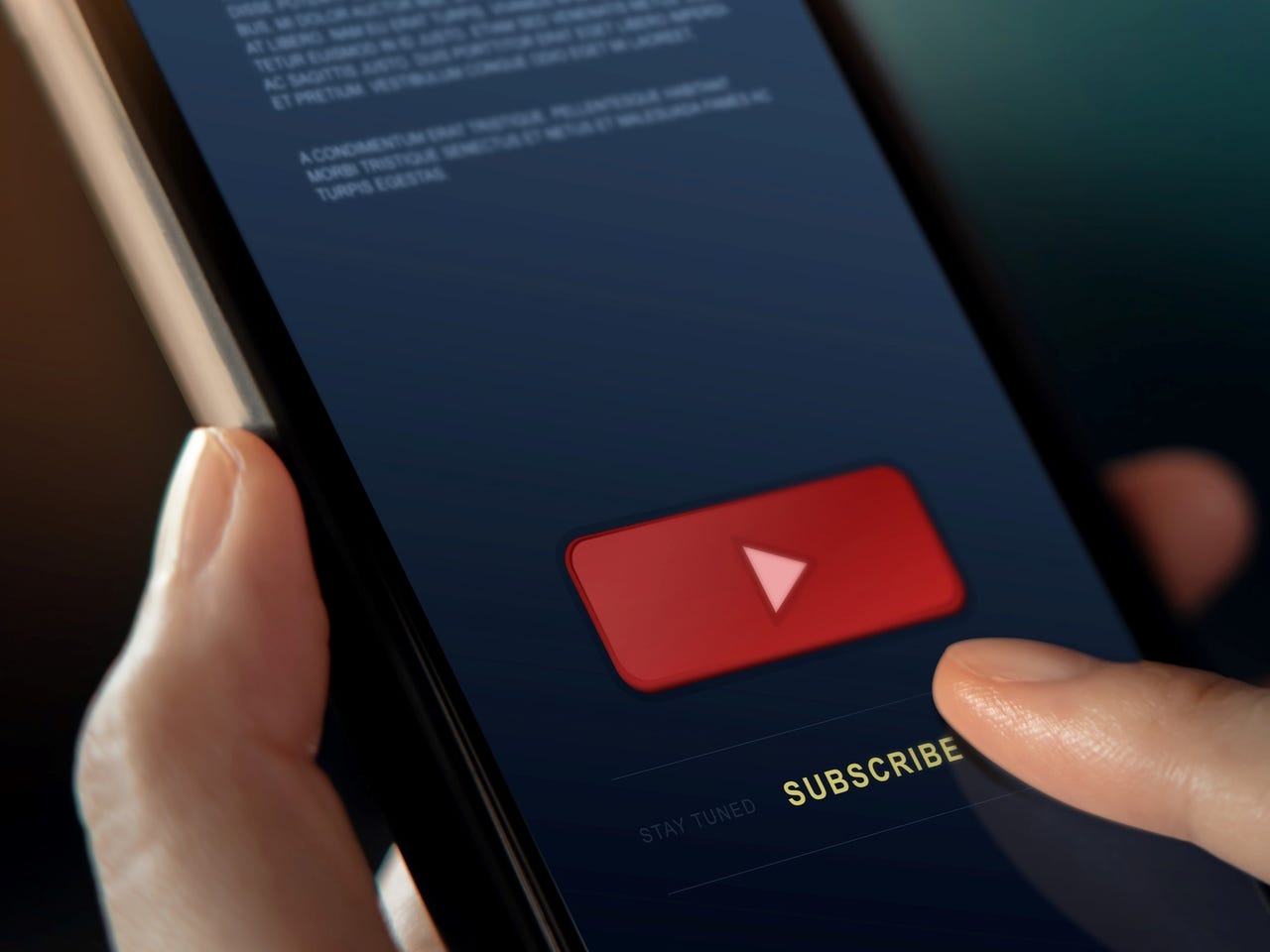'ZDNET Recommends': What exactly does it mean?
ZDNET's recommendations are based on many hours of testing, research, and comparison shopping. We gather data from the best available sources, including vendor and retailer listings as well as other relevant and independent reviews sites. And we pore over customer reviews to find out what matters to real people who already own and use the products and services we’re assessing.
When you click through from our site to a retailer and buy a product or service, we may earn affiliate commissions. This helps support our work, but does not affect what we cover or how, and it does not affect the price you pay. Neither ZDNET nor the author are compensated for these independent reviews. Indeed, we follow strict guidelines that ensure our editorial content is never influenced by advertisers.
ZDNET's editorial team writes on behalf of you, our reader. Our goal is to deliver the most accurate information and the most knowledgeable advice possible in order to help you make smarter buying decisions on tech gear and a wide array of products and services. Our editors thoroughly review and fact-check every article to ensure that our content meets the highest standards. If we have made an error or published misleading information, we will correct or clarify the article. If you see inaccuracies in our content, please report the mistake via this form.
iPhone subscription: Does it make sense to lease your phone from Apple?


Apple is working on a plan to make more money out of iPhone users -- a subscription model.
But why? Doesn't the current model work better? The one where Apple sells you a device every few years?
Bloomberg's Mark Gurman offers up some insights, and does a good job of differentiating this rumored subscription model from the current iPhone Upgrade Program.
The current program is a financing program where you're buying the iPhone over a fixed period, whereas the subscription model is closer to leasing, and you give the handset back after a fixed period.
The subscription model would allow users to upgrade to a new handset every year, and Apple gets the old handset back to refurbish and resell.
Gurman also highlights another problem that Apple has been facing: On average, iPhone users currently upgrade every three years, whereas a decade ago, carrier subsidies meant that users were upgrading every two years.
Let's look at a number that Gurman proposed -- $50 a month for an iPhone 13 Pro Max. The retail price of this device is $1,099 for the base unit, so a user jumping onto a subscription plan is paying $600 a year, or $1,800 over three years.
If the subscriber was a Joe Average and previously upgraded every three years, that's an extra $700 plus the old iPhones to resell for Apple over those three years.
The subscriber, in return, gets a new iPhone every year.
Do these numbers make sense?
Personally, I'm not sure they do.
Why?
Secondhand resale value.
iPhones hold their value incredibly well, and if you play the game right, you can upgrade yearly by selling your old iPhone and paying a lot less.
Assuming you paid Apple $600 a year for a lease, that iPhone is now worth $499, but you can sell a year-old second-hand iPhone in good condition for a lot more than that on the open market.
Leasing also means that you don't have an older iPhone to hand down to family members (or friends).
Having to lease an iPhone for you is one thing. Leasing iPhones for the whole family is a different matter.
Apple could sweeten the deal by throwing in AppleCare and maybe add something like priority exchange and maybe an Apple One subscription, and that would make quite a difference.
All that said, for people who are willing to pay Apple to take away all the hassles of getting a new iPhone every year, a subscription model might be the silver bullet. And if Apple can sweeten the deal by bundling in something like AppleCare or Apple One, then that monthly payment might be easier to swallow.